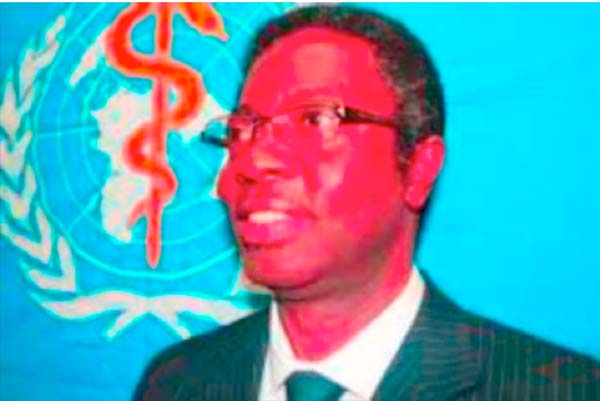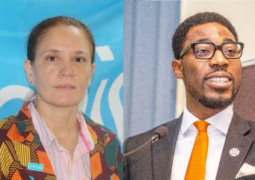
The
World Health Organisation (WHO) country representative in The Gambia, Dr
Charles Sagoe Moses, has revealed that approximately half of the world’s
population, some 3.3 billion people, are at risk of malaria.
He said every year there are about 250 million
clinical malaria cases and nearly 1 million deaths.
He
made this revelation at the inauguration of the COSMIC panel meeting held at
the Ocean Bay Hotel, from the 6 to 7 March 2017.
“Over
thirty million women living in malaria endemic areas become pregnant each
year. The disease kills more than 10,000
pregnant women and up to 200,000 infants each year.”
He
said malaria infection is a major public health problem in sub-tropical regions
throughout the world.
According
to the WHO official, in The Gambia the burden of malaria has significantly gone
down in the last few years.
However,
he added, 15 per cent of pregnant women still have malaria parasites at
delivery, putting their babies and themselves at risk.
He
indicated that current malaria policy in most African countries is to give an
antimalarial treatment, which is an intermittent preventive treatment -
sulfadoxine pyrimethamine or Fansidar (IPTp-SP) - as a preventive to women,
when they attend an antenatal health facility clinic.
However,
many women do not ever visit an antenatal clinic or do so too late, adding that
the research study has examined the role community health workers might have.
The
purpose of the meeting was to hear from the study investigators, and to assess
what policy and practices or changes needed to be considered.
He
said WHO’s role in this project is working with them to bring all of them
together to learn about this, to support the use of research evidence for the
refinement of their policies and practices.
“In
the end, it is about saving lives, and one of the best ways to do that is
through careful studies like this one so that we know what works and what does
not.”
The
WHO country representative thanked the Ministry of Health and Social Welfare,
the Medical Research Council and the Special programme for Research and
Training in Tropical Diseases (TDR) at WHO headquarters in Geneva for
facilitating the meeting.
The
European Union-funded research project was also executed in Benin and Burkina
Faso in collaboration with the International Research Consortium, COSMIC.
In
his welcome remarks, the programme manager NMCP, Balla Kandeh, said malaria
which is the number one killer disease in the African region is not only a
health problem, but also a developmental one, as it retards the growth and
development of the continent.
Mr
Kandeh noted that malaria is one of the most fundamental public health problems
to confront Africa, adding that it was the leading cause of illness and death
among children, inhibiting their ability to learn during childhood and to earn
a livelihood during adulthood.
He
said RBM builds partnership to mobilise global support and resources to reduce
the malaria burden.
This
partnership has been, and remains strong in The Gambia, but there was the need
for other sectors to join it and help combat malaria, he added.
Mr
Kandeh also indicated that the Gambia government remains committed to the fight
against malaria, both in The Gambia and in the Africa region.




